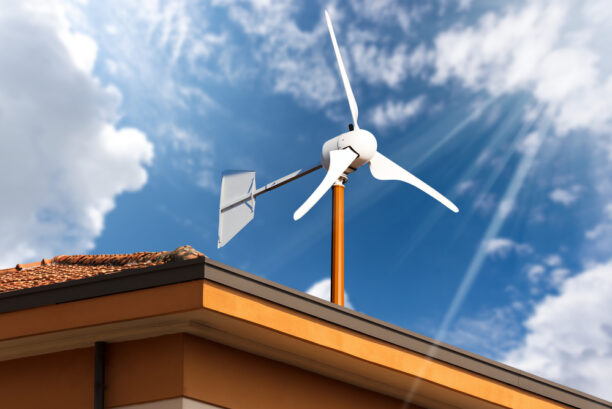Propane’s Role in Green Energy Solutions

Unlocking Renewable Opportunities with Propane
As the global energy realm shifts towards sustainability, propane emerges as a versatile player in renewable energy systems. This guide delves into the potential of propane to complement renewable energy sources, highlighting its benefits, applications, and impact on advancing green energy solutions. By understanding propane’s role, businesses and consumers can make informed decisions about integrating it into their energy strategies, driving both environmental benefits and operational efficiency.
Bridging the Renewable Gap
Reliability Enhancer: Propane can serve as a reliable backup for solar and wind energy systems subject to weather-related variability. Its ability to provide a consistent energy supply ensures uninterrupted power, especially during peak demand or low production periods.
Hybrid Energy Systems: Integrating propane with renewable technologies can create hybrid systems that offer both environmental and efficiency benefits. Propane’s high energy density makes it an ideal partner for renewables, enhancing system performance while reducing reliance on traditional fossil fuels.
Environmental Benefits
Lower Emissions: Compared to other fossil fuels, propane burns cleaner, releasing fewer pollutants and greenhouse gases. When used alongside renewables, it can further reduce the overall carbon footprint of energy systems.
Support for Decarbonization: Propane’s compatibility with renewable energy advancements supports broader decarbonization goals. As a transitional fuel, it paves the way for increased adoption of green technologies by offering a practical and cleaner alternative to more polluting energy sources.
Applications and Innovation
Rural and Off-Grid Solutions: Propane is particularly beneficial for rural or off-grid areas where connection to the electrical grid is challenging or costly. Its portability and efficiency make it an excellent choice for powering remote renewable systems.
Renewable Propane Development: Advances in producing renewable propane from bio-based sources further its potential in green energy systems. This sustainable variant aligns with circular economy principles, offering a renewable option that fits seamlessly into existing propane infrastructure and applications.
Policy and Economic Considerations
Government Incentives: Policies and incentives promoting renewable energy adoption can be extended to include propane-based systems, especially those incorporating renewable propane. Such measures would encourage investment and innovation in hybrid energy solutions.
Cost-Effectiveness: The economic viability of integrating propane into renewable systems is a crucial consideration. Its competitive pricing and efficiency can result in lower operational costs and quicker returns on investment for renewable energy projects.
Looking Ahead
Research and Development: Continued research into enhancing propane’s efficiency and environmental performance, especially in conjunction with renewable technologies, is essential. Innovations in this area could unlock new applications and improve the sustainability of energy systems.
Public Awareness and Education: Increasing awareness about the benefits and potential of propane in renewable energy systems is crucial. Educating consumers and stakeholders about its role in achieving energy independence and sustainability goals can drive wider acceptance and utilization.
A Sustainable Energy Ally
Propane’s potential in renewable energy systems represents a promising avenue for achieving more sustainable and resilient energy solutions. Its role as a reliable, cleaner-burning fuel offers significant advantages in bridging the gap between traditional and renewable energy sources. As the world continues to move towards greener energy practices, embracing the synergies between propane and renewable technologies can accelerate progress toward a more sustainable and energy-secure future.
















